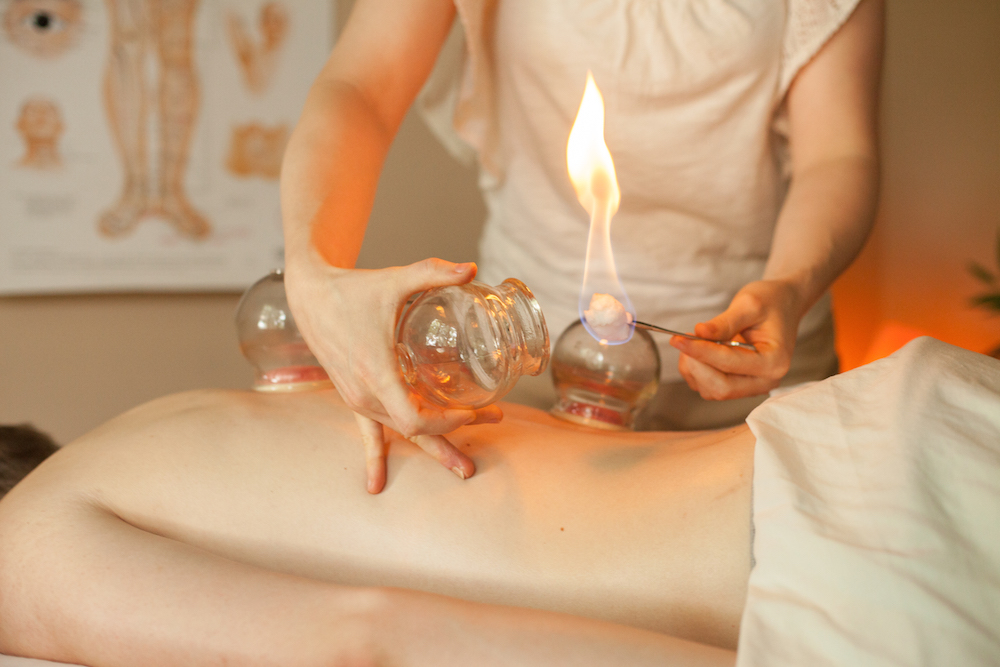How to handle the twelve signs and signs and symptoms of Depression With Music Therapy
Throughout the years I attended psychiatric therapy, my counselor always had classical music playing within the waiting room. Irrrve never determined in the event that was said to be a part of my therapy or maybe it had been playing only to keep me entertained as i anxiously waited in my session to start. But I know this, that music always stirred my feelings, either positively or negatively. Remember the final time you took in with a music. What emotion or feelings have you experience?
I am sure you will concur that there’s a really strong association between feelings and music Maybe you have considered music therapy in your therapeutic process? Otherwise, you may be interested to understand that new research shows this therapy could be a helpful strategy to depression. Many those who are depressed, myself incorporated at one time, have a hard time discussing their feelings, as well as all their other conditions, during therapy. Soothing music is psychologically and physically relaxing enabling individuals to become more receptive to and for that reason benefit more from psychiatric therapy. However, music therapy, a minimum of in the initial application, can involve not only hearing music.
Music therapy, as it requires depression, may be the systematic utilization of music with a certified music counselor during individual or group psychiatric therapy sessions and is made to relieve depressive signs and symptoms.
There’s two various kinds of music therapy for the consideration.. The very first is referred to as active approach. Should you find it hard to place your feelings into words either because you have repressed certain feelings or you won’t want to discuss your feelings, the counselor will plan a music program for you personally by which you’ll sing together with or play a musical instrument combined with the music. This method can help you toward emotional release and awareness with the lyrics, tune and rhythm. The 2nd kind of music therapy is called the receptive approach. Your counselor would make use of this approach only when you’d find it hard to have fun playing the music therapy from your mental mindset, Basically you would be a passive listener.
Furthermore, you will find 5 key advantages of music therapy which include:
1. Creates a feeling of control – Among the wonderful benefits of music treatments are that you’ll be because of the chance to find the music you need to use throughout the session. Essentially, enabling you a feeling of control of your personal treatment and enhancing your receptiveness towards the therapy generally.
2. Helps heal feelings – The whole reason for this treatments are to release repressed or inarticulated feelings by utilizing music like a trigger to be able to “mend” your emotions.
3. Music treatments are enjoyable – For most of us, music treatments are very enjoyable since music does lift the spirit and also the therapy is not perceived as being threatening.
4. Inexpensive – Music therapy can be achieved at home which makes it very reasonable to you. Typically, between sessions, your counselor will assign certain bits of music that you should pay attention to or communicate with at no additional cost.
5. Works as a positive coping skill – Once treatment methods are finished you’ll easily have the ability to make use of the same techniques you utilized in your sessions to handle future depressive episodes.
Bear in mind that music treatments are an accessory for and never an alternative to psychiatric therapy and then any medication that you are taking for the depression. Finally, in case your mental issues stem mainly from maladaptive cognitions or behavior, music therapy, most likely, won’t be as advantageous for you personally.




